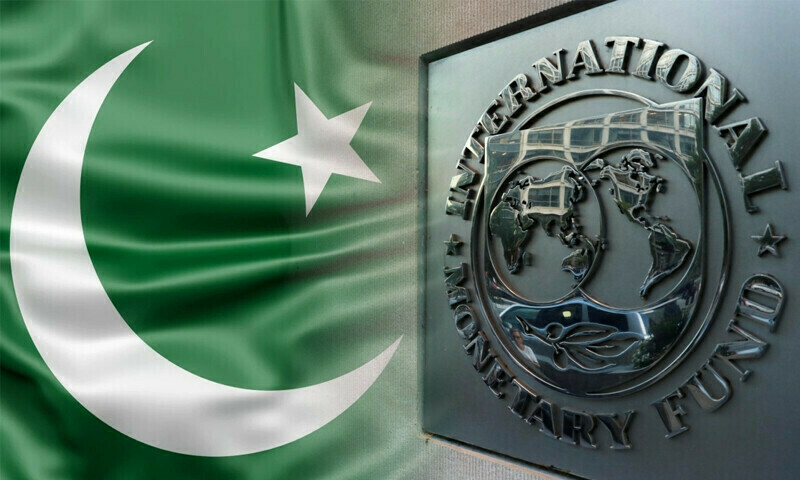ISLAMABAD: The International Monetary Fund (IMF) will meet the top officials of cash-strapped Pakistan on Monday to consider a bailout package as the country continues to face several economic hardships.
“The board is likely to approve the disbursement of the 8th and 9th tranche (over USD 1.2 billion) on Monday,” an IMF source told Pakistan’s Dawn newspaper. “Not doing so will send a negative signal, particularly during the floods.”
After the IMF deal goes through, Pakistan will receive USD 1.2 billion. The global lender may provide up to USD 4 billion over the remainder of the current fiscal year, which began on July 1, the Pakistan newspaper said.
According to Dawn’s report, Pakistan could also request emergency help from the IMF’s Rapid Financing Instrument (RFI), which may bring additional funds of up to USD 500 million.
The IMF board approved the disbursement of USD 1.386 billion to Pakistan in April 2020. to address the economic impact of the Covid-19 pandemic. But it is yet to receive the funds.
Several US media outlets including The Wall Street Journal (WSJ) confirmed the news about the IMF meeting.
According to a WSJ report, Pakistan “has tied up at least USD 37 billion in international loans and investments, pulling the country away from the kind of financial collapse seen in Sri Lanka”.
Media reports say that Pakistan has managed to secure “loans, financing, deferred oil payments and investment commitments close to USD 12 billion from China, Saudi Arabia, Qatar and UAE. This will help the cash-strapped country to avoid a default for now.
However, such commitments will become available only after the IMF board approves the package, according to American Broadcaster Voice of America (VOA).
Pakistan’s economy is broad and deep and its geostrategic position is strong enough for it to avoid default, experts told VOA.
Despite several differences, Washington “still supports the loans through the IMF because a crisis on Afghanistan’s border is not something that the US wants to see,” said Tamanna Salikuddin, director of South Asia programs at the United States Institute of Peace.
Salikuddin identified “Counterterrorism, nuclear security and stability” as being the main factors for continued US interest in Pakistan. “This geostrategic importance (often) leads Pakistan to make irresponsible economic policies as the leadership perhaps believes the country is too big to fail,” she added. (ANI)






